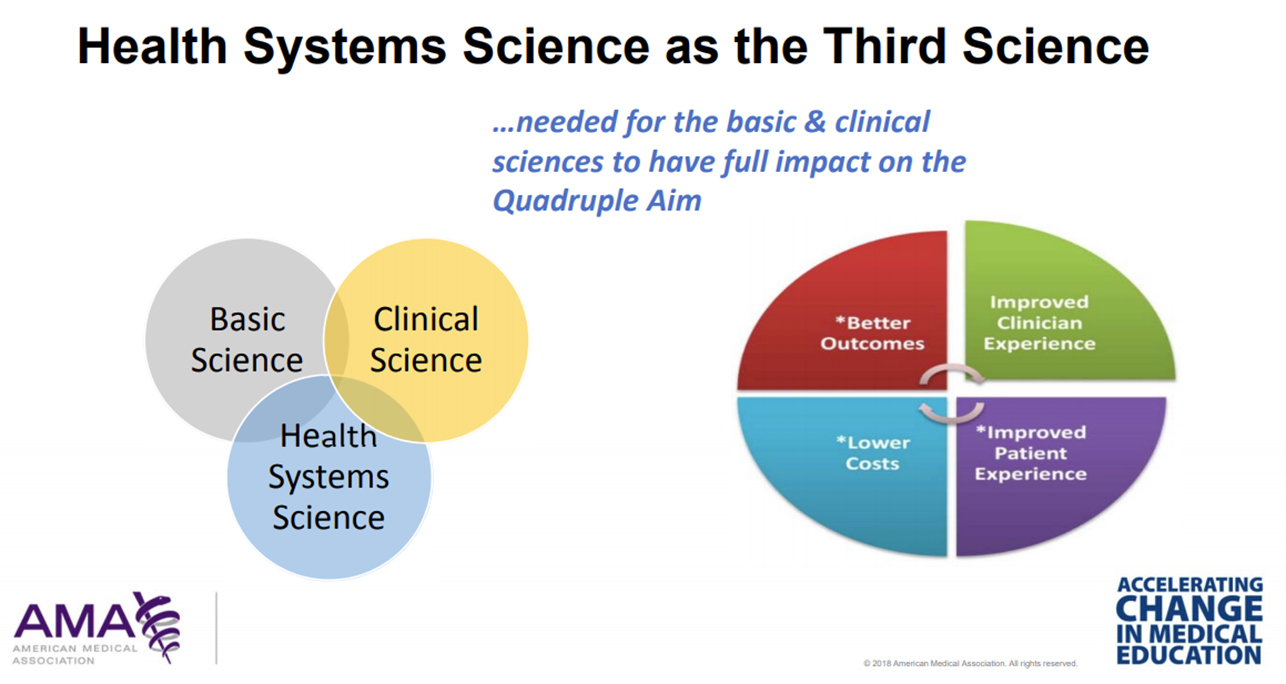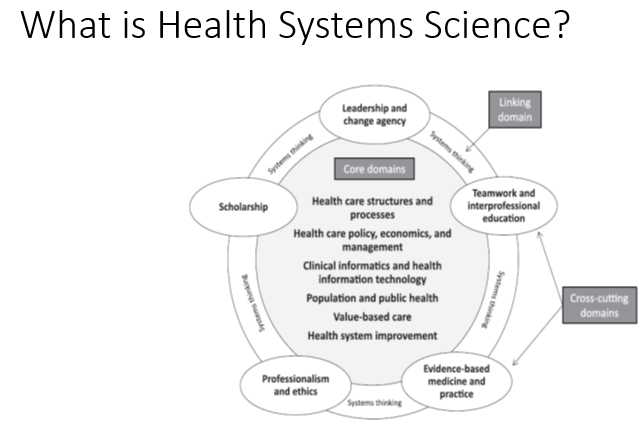Health and Society
Vision
Health and Society will prepare CU Anschutz’s physician graduates to be systems thinkers, who provide exemplary patient and family-centered care, and promote health equity and population health through advocacy and leadership on behalf of diverse patients, families, and their communities.
Outcomes
Upon completion of the Health and Society curriculum at CU Anschutz School of Medicine, students should be able to:
- Communicate effectively with multiple stakeholders from diverse populations, communities, and professions to foster respectful, productive human connection (in accordance with national Culturally and Linguistically Appropriate Services (CLAS) Standards).
- Explore and incorporate personal and team leadership practices to maximize the performance of self and others.
- Integrate individual, community, socio-ecological, and systems factors in service of patient and family well-being.
- Recognize, adapt to, and influence health policy, systems, technologies, and financing that inform care delivery.
- Advocate for the well-being of patients, families, communities, and populations.
- Describe and apply clinical care strategies, best evidence, and value for personalizing care for patients and families.
- Uphold the standards of professionalism and apply ethical values to serve patients’ and the public’s interests.
Core Values
We will align with the CU Anschutz School of Medicine core values:
- Leadership—taking responsibility for productive change through collaboration with people, processes, institutions, and policy
- Commitment—Commitment to service, specifically to others
- Curiosity—wanting to learn more and asking why as it relates to science, patients, systems
In addition, Health and Society holds these core values:
- Collaborative Practice—with patients and families; with interprofessional, multi-disciplinary teams; and across sectors
- Humble expertise—blending pursuit of mastery with awareness of limitations in our knowledge and experience
- Reflection to guide maximal learning, growth, and deliberate practice
- Integration—Striving to infuse a combination of our best attributes, values, skills, and intentions into every aspect of our work; AND, bring core concepts from health systems science to clinical practice and professional identity
- Courage—to advocate on behalf of patients, families, and communities; to be humble and vulnerable; to change and/or design better structures and systems of care.
- Effective communication and Relationships—Enhancing authentic human connection as a source of meaning, purpose, resilience, and healing
1. Gonzalo JD, Dekhtyar M, Starr SR, et al. Health Systems Science Curricula in Undergraduate Medical Education: Identifying and Defining a Potential Curricular Framework. Acad Med. 2017;92:123–131.

